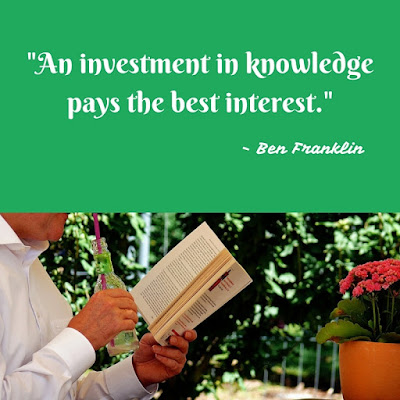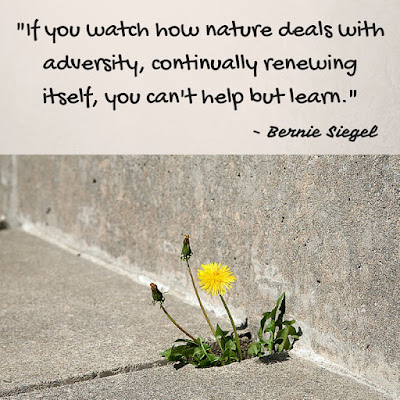 The Making of the President 1960 by Theodore H. White
The Making of the President 1960 by Theodore H. WhiteMy rating: 5 of 5 stars
The Making of The President 1960 earned the author, Theodore H. White, a Pulitzer Prize in 1962. In the book, White, a journalist, follows the candidates from the moment they made the decision to enter the race for the Presidency until Kennedy was elected.
In the 1970’s I had White’s The Making of the President 1968, the third of 4 books in the series. I was impressed with book when I read so decided with being on the doorstep of the 1916 election that I would read the original book in the series.
The Making of the President 1960 is as relevant and important today as it was in 1960. White has the reporter’s knack of capturing the detail that makes the story exciting even 55 years after the event. Many of the issues that he identifies in the 1960 campaign are still relevant today. He also has a strong sense of history and is able to put the events of the time in historical context.
White touches on the fact that the peaceful transfer of power from one person to the next is unusual in the annals of history. White writes:
“Heroes and philosophers, brave men and vile, have since Rome and Athens tried to make this manner of transfer of power work effectively; no people have succeeded at it better, or over a longer period of time, than the Americans.”
The Democrats seeking the nomination of their party in 1960 included Senator Hubert Humphrey of Minnesota, Senator Stuart Symington of Missouri, Senator Lyndon B. Johnson of Texas, former Illinois governor Adlai Stevenson II and Senator John F. Kennedy of Massachusetts. The Republicans seeking the nomination of their party in 1960 were Governor Nelson Rockefeller of New York and Vice-President Richard M. Nixon.
White is excellent at summing up a situation in a very simple image. After Humphrey had lost the primary in West Virginia that ended his campaign, White writes: “In the morning, when Humbert Humphrey woke, the Presidential image had evaporated. Outside the Ruffner Hotel his parked bus had overnight been given a ticket for illegal parking.”
Lyndon Johnson, like some politicians today, was seen as being too close to the workings of Washington. Johnson’s weakness was that he believed that the Senate was America and that he was the Senate. In a very relevant passage, White writes: “Long service in Washington at the court of power decisions causes men to forget that power rises ultimately from beyond the Potomac.”
Here is one of White’s descriptions of Kennedy: “He had mastered politics on so many different levels that no other contemporary American could match him. He had nursed ward politics with his mother’s milk; heard it from his grandfathers, politicians both, in boyhood; seen it practiced from his father’s embassy in London at the supreme level of world events in 1939, as war and peace hung in the balance.”
White fills his book with telling details. He writes: “At almost any moment of afternoon and evening on the road, soup is the favorite Kennedy dish — almost any kind of soup: chicken soup, tomato soup, bean soup and his favorite New England clam chowder.”
White reviews in detail the impact of the changing demographics on the politics of the time. Between 1950 and 1960, the population of the country grew by 18%. Forty-one million Americans were born during the period and 16 million died. Two-thirds of the growth had occurred in the suburbs.
White also discusses immigration which statistically began being counted in 1819 as required by Congress. White writes, “in 1820 America held 9,638,000 people, of whom almost 20 per cent were Negroes; and the rest are considered to have been the parent ‘colonial stock’ of America — an overwhelmingly British stock, spiced lightly with adventurers from all northern Europe.”
Over 40 million immigrants entered the country between 1820 and 1960. The Irish came first. Between 1847 and 1854, over one million Irish entered the country. Almost 900 thousand Germans came between 1850 and 1857 and they kept coming in waves. By 1960 people with German heritage had become the second largest component of the American population. The Scandinavians arrived in the late 1800s. In the early part of the 20th century, more than 3 million Italians arrived.
White also writes about the issue of religion. He reminds us that many of the early settlers came to escape the religious wars of Europe. The memories of how they were punished in Europe for their religious beliefs led to the decision that government had no right to make inquiry into the faith of its citizens and that the state should not have any connection to religion. People were free to worship as they pleased without guidance from the government.
I think every American would benefit from the reading and rereading of this book as we enter another election year. White is a great storyteller who helps us understand how politics work and how Presidents are elected to serve the people.
View all my reviews





































